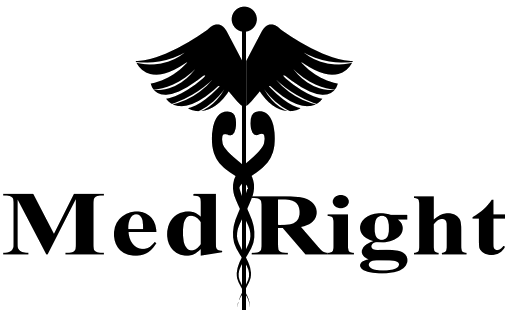Hustler Ruto, I have been following your promise to Kenyans regarding universal health coverage. I feel your pain; indeed, NHIF premiums are evidently biased against hustlers. It is injustice for someone earning the minimum wage of Sh. 13, 572 to be paying Sh.500 (4% of his salary) while you, who is earning Sh. 1, 487, 500 is paying only sh.1700 (0.1% of your salary). Making the NHIF monthly contributions commensurate with income level will foster equity, but it is unlikely to deal with the main problem making NHIF not to solve Kenya’s healthcare financing problem. Our most urgent need is a system that will ensure all Kenyans contribute to NHIF.

All formally employed Kenyans (about 3 million out of the 18 million working Kenyans), contribute to NHIF through mandatory deductions. Only about 2 million of the 15 million informally-employed Kenyans regularly contribute to NHIF. As NHIF claims, most of the Kenyans in the informal sector who have chosen to be NHIF members contribute regularly only when they know they have impending medical needs.
Hustler, I have heard you promise that by December 2022 you will ensure every Kenyan has NHIF cover. You have also indicated that you will manage to have all Kenyans make predictable and affordable contributions to NHIF. How will you convince Kenyans in the informal sector to contribute to NHIF regularly?

I reviewed the NHIF (Amendment) Act, 2022 that you have been strongly supporting to see whether it outlines a strategy to make every Kenyan contribute to NHIF. It indicates that the national government shall contribute to NHIF for indigent and vulnerable persons. That will increase NHIF membership by about 2 million, just as EduAfya that your Jubilee administration has been implementing did. Basically, NHIF enrolments only show promise of substantially increasing when taxes are used to pay premiums for some Kenyans.
The NHIF Act also indicates that the cabinet secretary will consult with the NHIF board to make regulations on how to make adult Kenyans (18 years and above) who are not NHIF members to register. Other than reducing the penalty for defaulters in the informal sector to an additional 10% of the amount of contribution as a penalty instead of the five times that was prescribed in the previous act, the amended act does not outline how it will ensure Kenyans in the informal sector contribute predictably.
The easiest answer as provided in the NHIF Act is that “the NHIF Board will prescribe” how Kenyans in the informal sector will be enrolled to NHIF. The fact that Board prescriptions have not been effective since 2012 when the NHIF act was revised means that they are unlikely to be the magic rod to achieve 100% enrolment and contributions by people in the informal sector.
As a leader making the promise, you must have envisioned how you will have every Kenyan contribute to NHIF within three months to your December 2022 deadline after elections. Evidently, the NHIF Act, even with the 2022 amendments, will not be helpful in enrolling the Kenyans in the informal sector, who form 85% of Kenya’s workforce. What will be your magic rod?
Hustler, I propose that you take the bold step of accepting that premium-based healthcare financing that is the basis of NHIF is not feasible in Kenya. Think about a system that will ensure every Kenyan contributes to NHIF. In our mainly informal economy, a tax-funded healthcare system is the ideal. Everybody consumes taxed products, hence collecting the contributions as tax is easier than expecting a mother without assurance of next day’s meal to set aside Sh.500 to cater for healthcare costs especially when her offspring or herself are not sick.

Leave A Comment